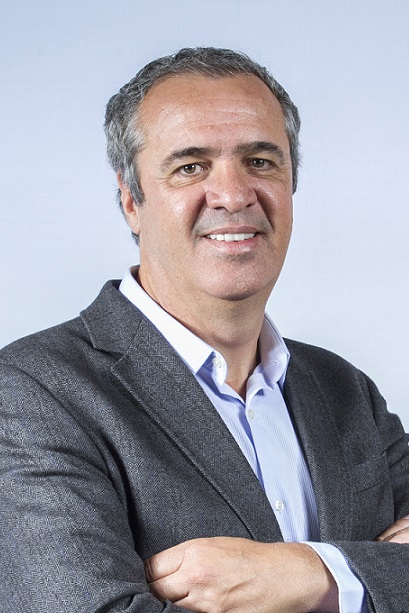Francisco Sales, Director of Services at Vertiv for Latin America, explains how the DCOM model can improve relevant business indicators for the coming years.

The Latin American data center industry is facing a confluence of circumstances: An imminent expansion in the region, the urgency to be more energy efficient and the shortage of specialized labor to manage the growing complexity of the infrastructure.
To address these challenges, companies will have to transform their critical infrastructure management paradigms, paying special attention to core issues such as availability, operating costs and future-readiness. The biggest difference in that administration will be in the use of smarter work schemes with greater system integration.
Due to factors such as seismic stability, technology investments that include a system of fiber optic backbones, and local universities and industry that offer a skilled and educated workforce, some operators are considering relocating to alternative geographies outside of principal cities.
Companies like Microsoft have recently invested in the construction of data centers in Querétaro, Mexico, due to its physical and infrastructure conditions, as well as its proximity to Mexico City. The IT industry is becoming one of the most important economic activities in the state, accounting for 8% of the state GDP. A similar phenomenon has been observed in countries like Brazil, Chile and Colombia.
Regardless of whether a company transforms its existing data center or relocates to a regional hub, it is unlikely it will be able to meet the demand for personnel on its own. It has long been known that in Latin America there is a gap between technical skills and the needs of the industry, which is why it has become difficult to find experienced professionals.
This is why the industry is evolving towards new management models, including Data Center Operation Management (DCOM). Vertiv’s DCOM business service model remotely staff’s experts for 24/7 monitoring of the customer’s data center. This model also allows for a variety of technical expertise to be deployed when needed, from emergency service, to improving energy efficiency indexes, to adding resiliency to standard maintenance.
Through DCOM, it is possible to obtain expert, certified service personnel who follow well-established and proven safety protocols. By monitoring remotely, the team of experts can make the best decisions in less time, and with best use of customer budget and resources.
At Vertiv, DCOM teams must have a minimum training of two years in critical infrastructure management. They are ready to operate, maintain, manage the full life cycle of the data center infrastructure and improve availability.
Having a DCOM service team can reduce the response time to a request by more than four hours, since experts are monitoring 24/7 and can expedite a technician to the site when needed.
These types of services enable permanent specialized monitoring of a customer’s critical infrastructure, which allows for faster identification of issues and faster dispatch of service personnel, optimizing investments and the availability and continuity of the data center.



